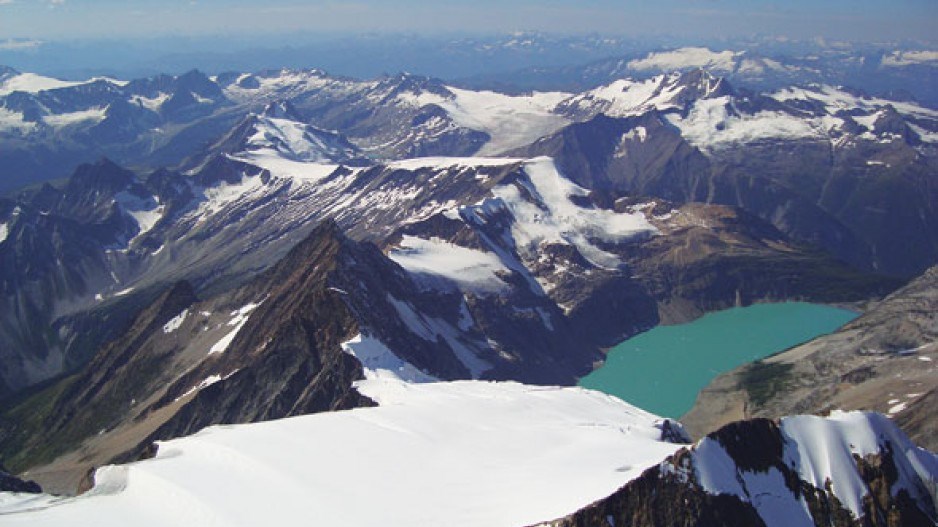An August 6 B.C. Court of Appeal decision paves the way for a scaled down Jumbo Glacier Resort in the Kootenays.
B.C.’s top court dismissed an attempt by the resort’s First Nation opponents, the Ktunaxa Nation Council, to void the provincial government’s approval for the controversial resort’s development agreement.
This means that it is possible that work could continue on what will be a scaled down resort from the one that has been inching forward for the past couple decades.
“While we are disappointed with the court’s decision, we are awaiting our legal team’s analysis of the decision to determine where we go from here,” Kathryn Teneese, who is the KNC's chair, told BIV in an email.
No longer will Glacier Resorts Ltd. (GRL) plan to build 23 lifts, a 3,000-metre-high gondola and 5,500 beds – a size that would require developers to also have an environmental permit.
The new, smaller size – about 2,000 beds – would be small enough that it can be built under the B.C. government’s all-season resorts policy.
Jumbo had received an environmental permit but could not start construction during that permit’s five-year validity. So, the permit was renewed for an additional five years. That extension was only good up until October, by which time the project was supposed to have met an arbitrary “substantial start” threshold. If it met that threshold, it would be able to continue without an environmental permit.
Environment Minister Mary Polak then made the controversial decision in June that, in her opinion, the project had not met that threshold.
That meant that the project needed an environmental permit but was unable to renew the one that had expired.
So, developers were left with the option of going back to square one and drafting new reports as part of a new multi-year process to get an environmental permit.
Their other option was to scale down the project so that it did not need an environmental permit.
They do not need to get a new development permit for a scaled down resort. All they need to do is submit their plan for the scaled down resort to the Ministry of Forests, Lands and Natural Resource Operations government to review and approve. Then, work would be able to continue.
“The project is not dead at all,” GRL senior vice-president Grant Costello told Business in Vancouver by phone on August 6, after the court decision.
He said that his team has launched a judicial review of Polak’s decision because they believe it is flawed.
“We think she erred on a number of basic points – the main one is that we were not able to have more than 40 days or so of construction because of the red tape that was put in front of us,” he said.
Resort developers spent 23 years jumping through various hoops and approval processes. Limited zoning and land leases for the resort were granted on August 20, 2014 and construction began right away.
Environmental preconditions were met and a permanent access bridge, foundations for a day lodge, service building and a chairlift were constructed, according to the Jumbo developers.
Construction was then halted on October 12, 2014 when the project’s environmental certificate expired.




